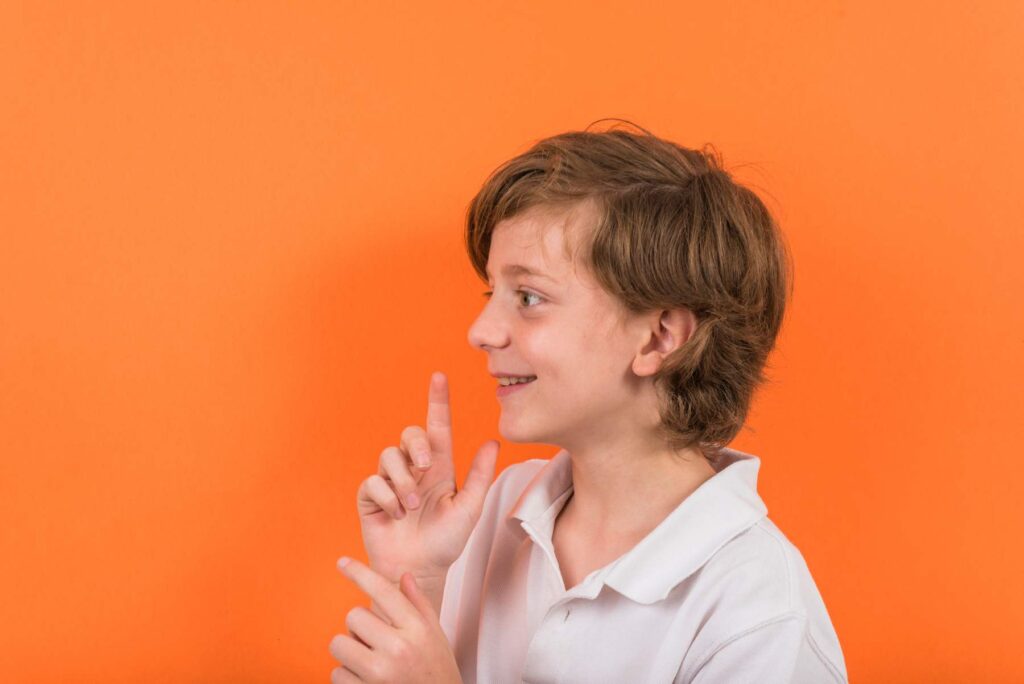Heritage speakers (or multilingual person) often make grammar mistakes when learning Russian. That’s normal — especially for children raised in an English-speaking country.
What Is a Heritage Speaker (Inofon)? An inofon is someone who grew up speaking a different language from the one they’re now learning. For example, if your child was born in the U.S. or Canada, speaks English at home or school, and is now learning Russian — they’re considered an inofon. Learning any language is hard. But Russian? It’s famously one of the most difficult languages in the world. We’ve written about that here , and you can also read about the biggest challenges bilingual kids face here.
In this article, we’ll focus on common Russian mistakes your child might make — and how to know whether you should fix them or let them go.

Mistakes That Will Fix Themselves
All language learners make mistakes. In fact, it’s part of the process. Here are a few typical errors that most children outgrow on their own, simply through practice and exposure:
“Я иду в школа” instead of “в школу”
“Это мой книга” instead of “моя книга”
“Я пойти в магазин”
“Это красивая платье”
+ Unnatural word order in sentences.
Mistakes like these are normal for bilingual children and usually go away with time — especially if the child speaks, listens, and reads in Russian regularly.
But some mistakes need your attention.

Mistakes You Should Correct
The most serious mistake children make is misunderstanding the meaning of words.
Vocabulary is the foundation of language. It’s okay if your child doesn’t always use correct grammar — but using the wrong word can lead to real confusion.
Another area to watch is prepositions.
Some prepositional mistakes are harmless. For example:
“Я поехал в автобусе” vs. “на автобусе” — not a big deal.
That’s a completely different trip!
The same goes for particles.
One small word can shift the tone and meaning of the whole sentence.But others can change the meaning entirely:
“Мы едем в город” (We’re going into the city)
vs.
“Мы едем за город” (We’re going out of the city)
That’s a completely different trip! The same goes for particles. One small word can shift the tone and meaning of the whole sentence.
How to Help Your Child Speak Better Russian
First — don’t panic.
And definitely don’t scold your child for making mistakes. Everyone makes them — even native speakers. (We even wrote a post about the most common mistakes native Russian speakers make here .)
When your child says something wrong, just gently correct them. Explain how to say it properly — and why. Kids need to understand the meaning, not just memorize rules. And of course, the best way to help your child speak Russian confidently is to trust the experts.
At Palme School, our teachers use a personalized, child-centered approach that helps each student learn through play, conversation, and their own interests. That’s why children love our classes — and why parents see real progress. Want to try it out? You can sign up for a free trial lesson and virtual tour right now. Just fill out the short form below the article!






